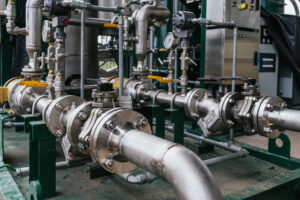The Challenge of Industrial Effluent Treatment
In today’s industrial landscape, sustainability is a key priority for companies. One of the most pressing challenges is the treatment of industrial effluents, which are liquid wastes generated by production and manufacturing processes. These effluents can contain toxic substances and pollutants that pose a risk to the environment and human health if not properly managed. In this article, we will explore advances and sustainable solutions for the treatment of industrial effluents, and how companies can address this challenge responsibly and effectively.
The Approach to Industrial Sustainability
Industrial sustainability is based on the search for solutions that minimize the environmental impact of production activities. In the case of industrial effluent treatment, sustainability involves implementing methods and technologies that reduce pollution and optimize the reuse of resources. This approach has benefits for both companies and the environment in which they operate.
Advanced Technologies for Industrial Effluents Treatment
In recent years, a number of advanced technologies have emerged that offer more sustainable solutions for industrial effluent treatment. Some of these technologies include:
- Biological treatment: Biological treatment systems use microorganisms to break down and eliminate pollutants in effluents. These processes are highly effective and environmentally friendly, as they take advantage of natural degradation processes.
- Filtration and separation: Filtration and separation techniques remove suspended solids, oils and grease from industrial effluents. These systems use filter materials and membranes that retain unwanted particles, leaving a cleaner effluent.
- Chemical treatment: Chemical treatment processes use chemical reagents to precipitate and remove contaminants from effluents. These techniques are efficient in the removal of heavy metals and organic compounds, and can be combined with other technologies to obtain optimal results.
- Reuse and recycling: The reuse and recycling of industrial effluents is a key strategy in industrial sustainability. Through proper treatment, effluents can be purified and reused in other processes, which reduces the demand for fresh water and minimizes waste discharge.

Benefits of Implementing Sustainable Solutions
Implementing sustainable solutions for the treatment of industrial effluents offers a number of benefits for both businesses and the environment. Some of these benefits include:
- Regulatory compliance: Proper treatment of industrial effluents enables companies to comply with environmental regulations and avoid legal sanctions and reputational damage.
- Resource savings: By reusing and recycling effluents, companies can reduce their fresh water consumption and optimize the use of natural resources, resulting in significant savings.
- Improved corporate image: Companies that implement sustainable effluent treatment solutions demonstrate their commitment to the environment and social responsibility, which enhances their corporate image and attracts conscious consumers and committed employees.
- Environmental protection: By reducing pollution and preventing the release of hazardous substances, sustainable solutions contribute to the protection of the environment and the preservation of natural resources for future generations.
Conclusion
Industrial effluent treatment is a key challenge for companies on their path to sustainability. However, with the technological advances and sustainable solutions available today, it is possible to effectively address this challenge. By implementing appropriate treatment methods and technologies, companies can minimize their environmental impact, optimize the use of resources and improve their corporate image. Industrial sustainability and effluent treatment go hand in hand, and together they can drive a cleaner and more responsible future.






